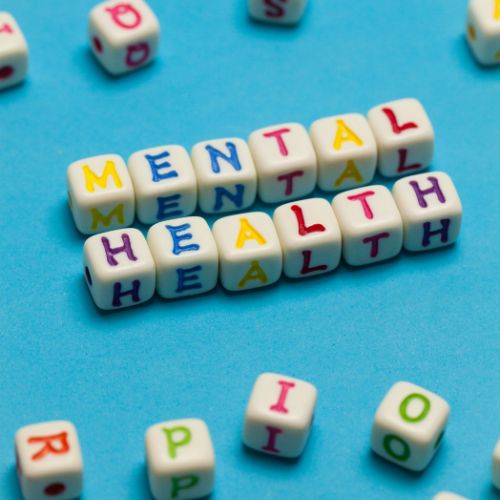There is a huge focus currently on looking after our mental wellbeing, particularly in light of the difficult year that we have all experienced, the impact of which is likely yet to be fully understood. With families already feeling the pressure of various factors which impact on our children’s wellbeing, including not just the effect of the pandemic, but other pervasive influences, such as social media and technology addiction, it is no doubt a particular concern to those who may be experiencing a family breakdown that this is yet another burden which needs to be managed and which at times can feel overwhelming.
As family lawyers, we have an absolute duty to our clients to support them in ensuring that their children’s welfare is always prioritised. Helping parents to separate with as little as acrimony as possible and maintaining a healthy respect for each other’s roles can assist in ensuring the impact on their children’s mental health will be kept to a minimum.
So how as parents facing a relationship breakdown can we protect our children best?
Both parents have the power to help their own child navigate their way through a separation and both have the ability to help reduce the potential negative impact of a family breakdown.
Here are some practical examples that, in our experience as family lawyers, can make a difference:
- Make time for your child. Spend one to one time with them, talk to them and listen to what they have to say; ask them what they are worried about, it may not be what you think, and let them explore openly and without influence how they might like things to be;
- Provide reassurance where you can; we know that children tend to thrive on routine and consistency so talk to them about the things that will not change and how you might manage the things that will;
- Do not involve them in the adults issues or expose them to conflict – try not to question them or make them feel conflicted between you both or to feel like they are having to choose;
- Make sure they know that they are not at fault for what has happened or that they are responsible for any difficulties that may arise; avoid exposure to any problems or discussions that may cause them stress or upset
- If you can, present a united front, talk to the children together and where possible, discuss and agree on how the children should be parented apart; adopting similar strategies and approaches in the different households may help avoid conflict and confusion for the children;
- Talk to professionals; inform the school so that they can offer help and explore appropriate counselling or mediation options to help reduce conflict and agree a plan to move things forward progressively
- Look after yourselves; maintaining your own emotional well-being will help you be the best parents you can be at a difficult time.
Providing stability, warmth and reassurance are key to ensuring good mental health for children. All of those things are entirely achievable in a separation situation and with a little focus on the strategies above will help you to navigate your new normal and ensure that the negative impact is minimised.
Remember that going through a separation does not inevitably have to damage your children. Many couples manage the situation sensibly and sensitively, and involving family focused lawyers in helping you resolve any issues will mean that the situation does not inevitably become more acrimonious or fractious.
If you need advice or assistance in relation to any legal issue pertaining to a relationship breakdown, contact our family department on [email protected] or ring the office on 028 9181 1538 to discuss in confidence.

